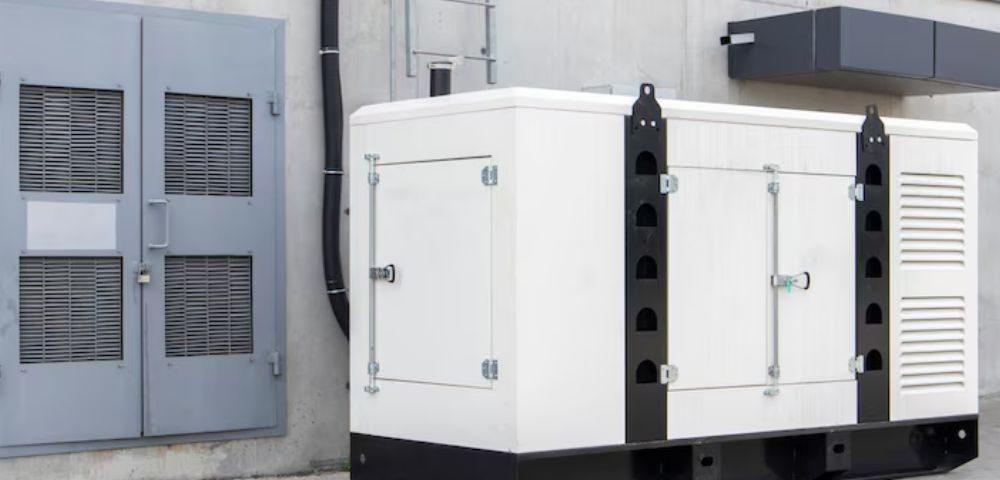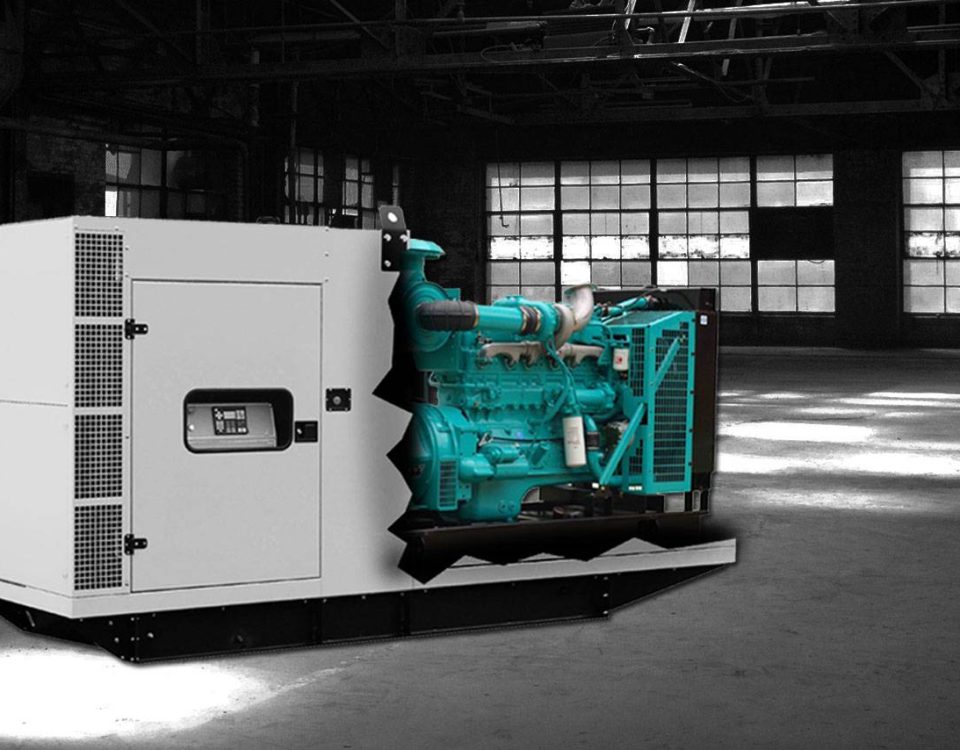- For Enquiries Please Contact
- +97155 739 2020
- info@construction-power.com
What Features Should You Look for in a 3 Phase Generator Rental?

What Should You Know About Maintenance When Renting a Portable Generator?
April 14, 2025
What Precautions Should You Take When Using a Generator Outdoors?
April 28, 2025When you’re renting a 3-phase generator, it’s crucial to choose one that aligns with your specific power demands while offering consistent performance. Whether it’s for a job site, a manufacturing plant, or even an outdoor event, having the right equipment in place ensures you won’t face unwanted interruptions. Here’s what to keep in mind when evaluating your rental options.

-
Power Output and Load Capacity
Start by identifying your overall power requirements in kilowatts (kW). Since 3-phase generators are engineered for heavier loads compared to single-phase units, they’re typically the go-to for industrial and commercial setups. To stay on the safe side, pick a unit that offers a bit more capacity than your estimated load—this extra cushion helps prevent any risk of overloading.
-
Fuel Type and Efficiency
The fuel type—whether diesel, natural gas, or propane—can influence both convenience and cost. Diesel models are often favored for their ruggedness and fuel economy, especially in longer runtime scenarios. Still, it’s smart to consider fuel availability in your area, as well as how fuel-efficient the unit is, since that will affect ongoing expenses during use.
-
Durability and Weather Resistance
If your generator’s headed to an outdoor location or a construction zone, it needs to be built tough. Look for units that come with heavy-duty weatherproofing, reinforced metal housing, and corrosion protection. These features not only extend the equipment’s lifespan but also ensure it performs reliably in demanding environments.
-
Noise Levels and Soundproofing
Noise can be a real concern, particularly in urban areas or at events where sound levels matter. Fortunately, many newer 3-phase generators come with built-in noise-reducing features, such as sound-dampening enclosures. If your project is in a sensitive setting, make sure the unit complies with local noise restrictions to avoid any complaints or penalties.
-
Portability and Ease of Transport
Since rental equipment often moves from site to site, portability is key. Trailer-mounted generators are a great choice when flexibility is needed, especially for short-term or mobile projects. It also helps to go with a rental service that offers delivery, setup, and breakdown support—it just makes everything smoother.
-
Control Panel and Monitoring Capabilities
Having a straightforward, easy-to-navigate control panel makes a big difference. Many modern units now come with digital readouts that give you live insights into performance, fuel levels, and output. Some even feature auto-shutdown systems that kick in during overheating or low fuel situations, helping prevent breakdowns or damage.
-
Voltage Regulation and Output Stability
Fluctuating voltage can be a major issue—especially when powering sensitive equipment. That’s why a reliable generator should come equipped with an Automatic Voltage Regulator (AVR). This keeps the output steady and helps avoid unnecessary wear and tear on your gear.
-
Rental Terms and Support Services
Before signing any agreement, go over the rental terms in detail. Ideally, your provider should offer flexible timeframes—whether you need the unit for a day, a week, or longer. Around-the-clock support is another plus, as are services like on-site maintenance or equipment replacement if issues come up mid-rental.

Final Thoughts
Choosing the right 3 phase generator rental means weighing technical specs with practical needs—from power output and durability to fuel options and after-rent support. When you pick a generator tailored to your project’s demands, you’re not just getting power—you’re getting peace of mind. For reliable generator rentals tailored to construction needs, Construction Power provides top-quality solutions with expert support to keep your site powered efficiently.


